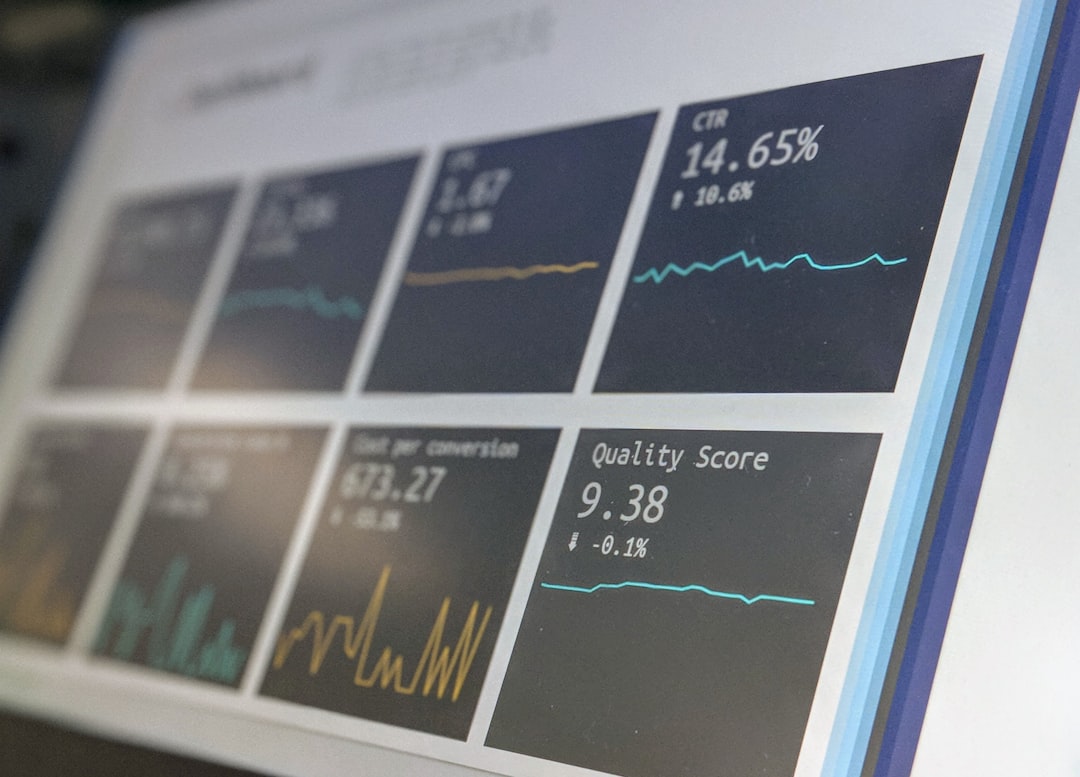
SEO for Cyber Firms: E-E-A-T, YMYL, and Compliance-Friendly Content
In the high-stakes realm of cybersecurity, where trust, authority, and precision are paramount, search engine optimization (SEO) plays a pivotal role in defining how a firm is discovered, evaluated, and engaged online. The unique landscape of cyber firms intersects with particularly sensitive aspects of Google’s algorithm, namely E-E-A-T (Experience, Expertise, Authoritativeness, and Trustworthiness) and YMYL (Your Money or Your Life) content standards. Furthermore, due to regulatory and ethical considerations, crafting compliance-friendly content is not only strategic—it’s critical.
Understanding the SEO Landscape for Cybersecurity Firms
Cybersecurity companies often operate in areas classified under the YMYL category—dealing directly with user safety, legal implications, personal data privacy, and sometimes even financial information. This means Google’s algorithms hold these websites to a higher standard. A lapse in quality or any perception of untrustworthiness could significantly affect a site’s visibility.
To succeed in this competitive space, firms must build online assets that demonstrate:
- Demonstrable technical expertise
- Authoritative voice in the space
- In-depth, accurate, and up-to-date content
- Proper documentation and regulatory alignment
Each of these requirements finds its foundation in the principles of E-E-A-T and YMYL evaluation. Below, we explore how cyber firms can strategically align their SEO initiatives to meet these standards—and flourish in search rankings.
Decoding E-E-A-T for Cyber Firms
Experience, Expertise, Authoritativeness, and Trustworthiness are cornerstones of Google’s content evaluation. For the cybersecurity industry, they are especially vital.
1. Experience
Google gives preference to content created by those with actual, hands-on experience. For a cybersecurity firm, this could mean content authored by:
- Security analysts with real incident handling background
- Pen-testers discussing results from ethical hacking
- Compliance officers detailing audit procedures
Adding brief bios and referencing real-world use cases in articles increases perceived experience. When publishing blog posts or whitepapers, ensure they feature the credentials and direct experiences of the authors.
2. Expertise
Expertise centers on knowledge credibility. Showcase this by:
- Linking to professional certifications (e.g., CISSP, CISM, CEH)
- Publishing technical details with transparency
- Offering downloadable resources, such as threat models or frameworks
Keep in mind: Shallow posts on SEO-friendly buzzwords won’t suffice. Google knows the difference. Consistent in-depth content builds a reputation that’s resilient to algorithm changes.
3. Authoritativeness
This involves how recognized your firm is in its space. Ways to improve online authority include:
- Being cited in third-party publications or cybersecurity news outlets
- Contributing to industry forums, whitepapers, or webinars
- Obtaining backlinks from other reputable tech domains
An active Twitter/X presence by recognized cybersecurity team members, video explainers, and guest contributions to prominent platforms also help Google recognize domain authority.
4. Trustworthiness
Especially in an industry dealing with digital safety, trust is non-negotiable. Consider enhancing trust by:
- Using HTTPS, not just for the homepage but across all landing pages and blogs
- Maintaining transparent privacy policies and GDPR/CCPA declarations
- Having visible, direct contact information and real-world business credentials
Verification signals such as testimonials, case studies, logos from regulatory bodies, or partnerships further reassure both users and search engines of your brand’s credibility.
Why YMYL Status Influences SEO Strategy
YMYL content is any content that can significantly impact someone’s health, financial stability, safety, or legal status. Naturally, cybersecurity practices impact all of these. Google, therefore, demands a higher level of scrutiny.
If your firm offers services that touch on:
- Data protection and breach solutions
- Financial or banking security systems
- Risk management for high-compliance industries (e.g., healthcare, finance)
Then your content strategy must align with YMYL protocols.

This includes vetting the information for accuracy, citing reliable sources, and avoiding exaggerated claims. SEO for YMYL-compliant content should focus on:
- Factual precision: Cross-check statistics, laws, or technical data.
- Expert attribution: Assign content to real professionals.
- Regular updates: Cybersecurity changes rapidly. Static content becomes risky and outdated quickly.
Even a well-read article can be penalized if it’s outdated or lacks proper sourcing. This is particularly critical for zero-day exploit discussions, encryption algorithm updates, or compliance guideline revisions.
Creating Compliance-Friendly Content
Cyber firms often must align their content not only with SEO, but also with legal and regulatory frameworks. Compliance is not just a back-office issue—it should influence your content plan.
Regulatory Considerations
Ensure that you:
- Comply with data collection and cookie policy notices
- Respect copyright and licensing when referencing frameworks like NIST, ISO, or OWASP
- Avoid risk-based guarantees that could imply liability coverage
Failure to do so can result in blacklisting, reduced domain authority, or even legal action.
Content That Serves Legal and SEO Roles
A well-crafted compliance-friendly page should:
- Include legally reviewed disclaimers
- Mention jurisdiction and regional applicability where necessary
- Avoid hyperbole (“foolproof,” “unhackable”), which search engines and courts alike frown on
In regulated industries, adding schema markup for legal services, cybersecurity solutions, or professional qualifications can further clarify your page’s intent to search engines.
Don’t forget accessibility guidelines. Following WCAG standards not only serves compliance goals but may also improve indexing on Google’s accessibility-aware algorithms.
The Role of Structured Data and Technical SEO
On top of content quality, technical optimization is critical. For cybersecurity firms in particular, it helps when Google can clearly identify:
- Service offerings
- In-house teams and their credentials
- Trust signals (badges, SSL, affiliations)
- Publication dates and last update timestamps
Use structured data (schema.org) to enhance snippet quality and qualify for feature boxes in search results. A well-structured FAQ using schema tags may dominate SERPs for longtail queries such as “is ransomware covered under cyber insurance?”

Best Practices for Long-Term SEO Wins
While the cybersecurity SEO landscape is nuanced, certain best practices consistently deliver results:
- Maintain an internal glossary: Help readers (and bots) understand your terminology.
- Repurpose compliance updates: Turn regulatory changes into timely content for a visibility boost.
- Foster community engagement: Promote your firm’s thought leadership on LinkedIn, Reddit, and other professional spaces.
- Track real E-E-A-T KPIs: Use tools to monitor backlink authority, author mentions, and update frequency.
Build relationships with journalists and editors in mainstream and security-specific media. The subsequent backlinks not only benefit SEO but seriously improve your perceived authority.
Conclusion
Cybersecurity firms face unique SEO challenges that extend well beyond keywords and backlinks. They must build search-visible assets that communicate real expertise, verifiable credentials, and legal diligence. With E-E-A-T and YMYL serving as the invisible lens through which Google’s algorithms evaluate your content, there’s no room for superficiality or risk-laden language.
By aligning SEO with cyber best practices, thoughtful compliance, and transparent messaging, your firm doesn’t just rank better—it becomes the trustworthy protector that businesses and individuals need in an ever-digitizing world.